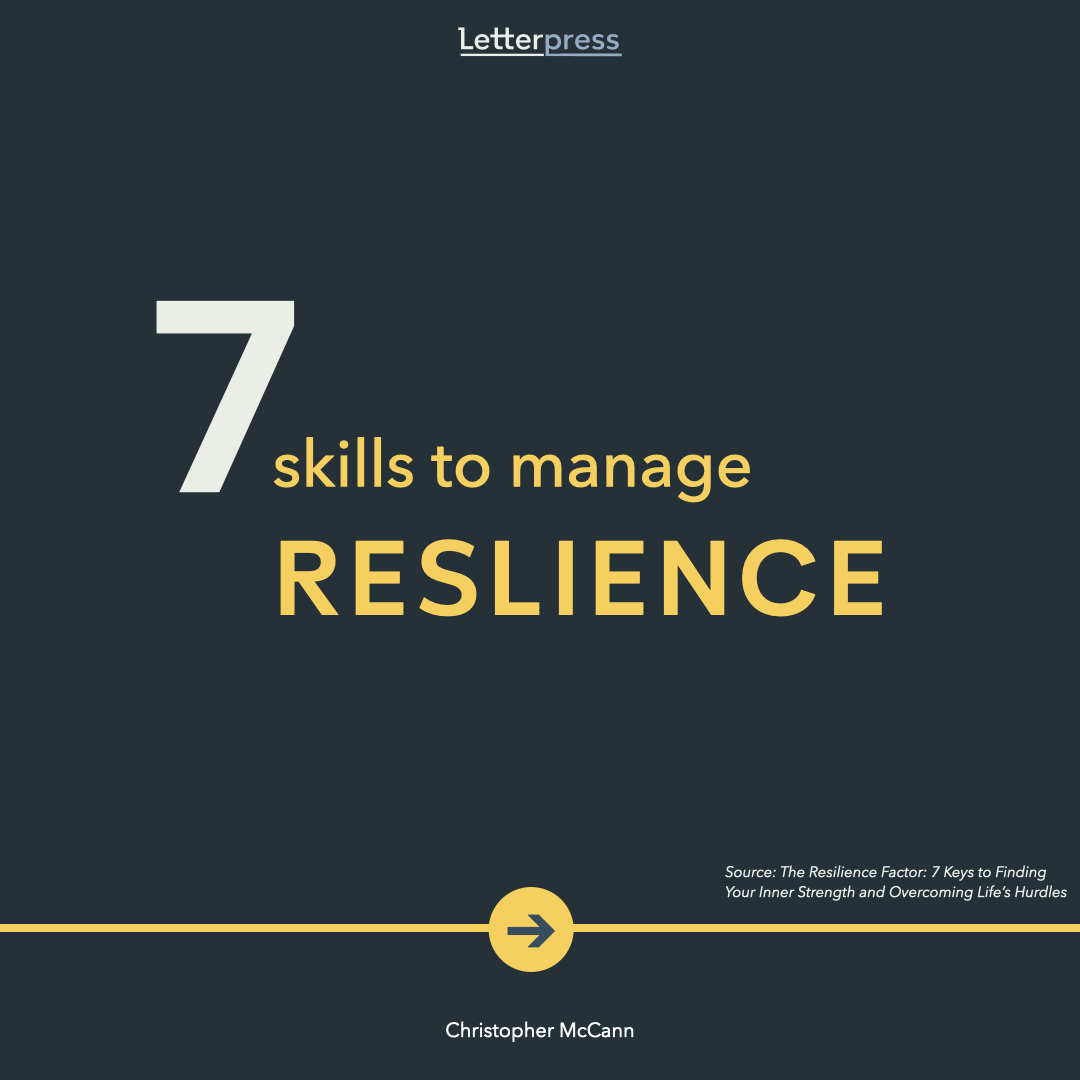
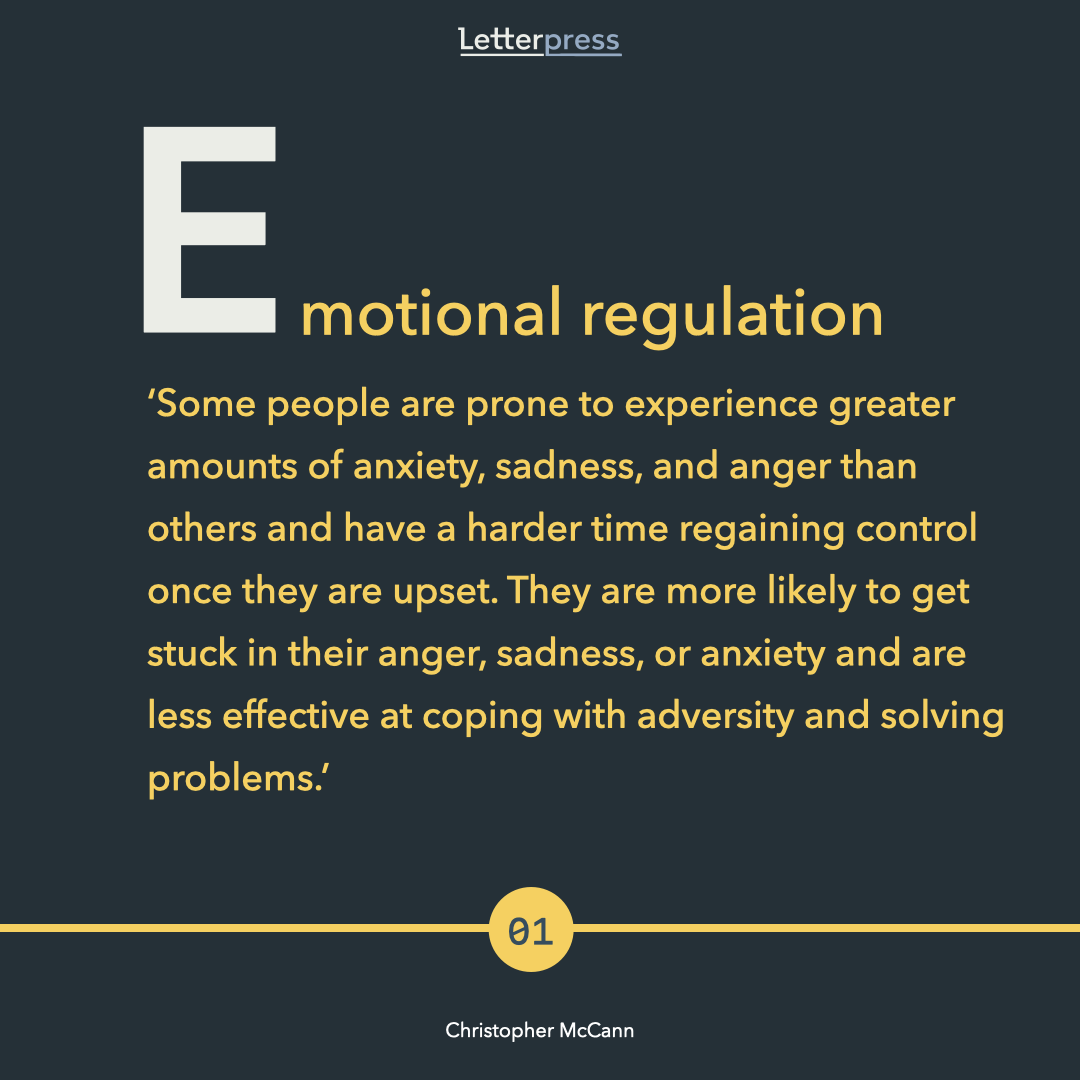
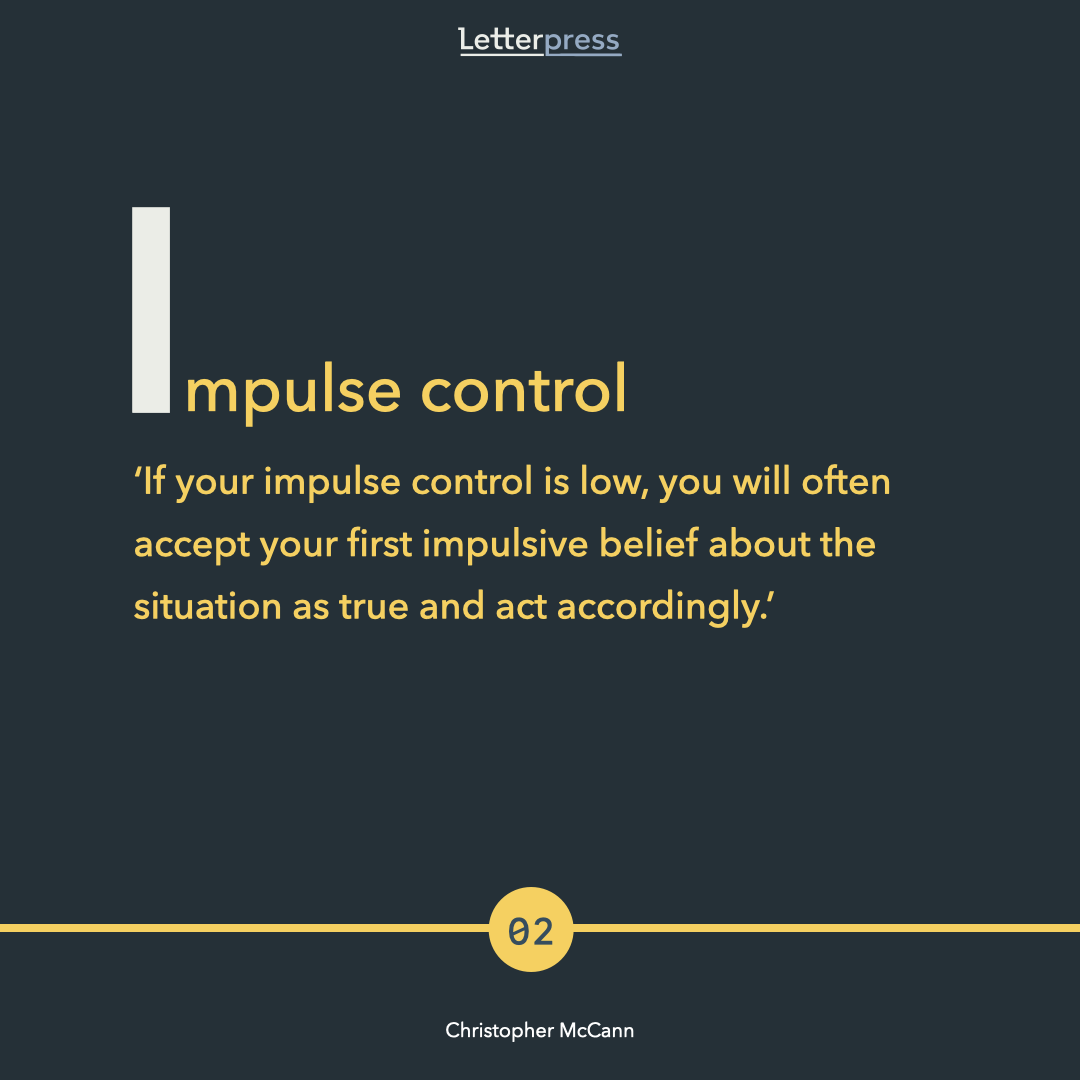

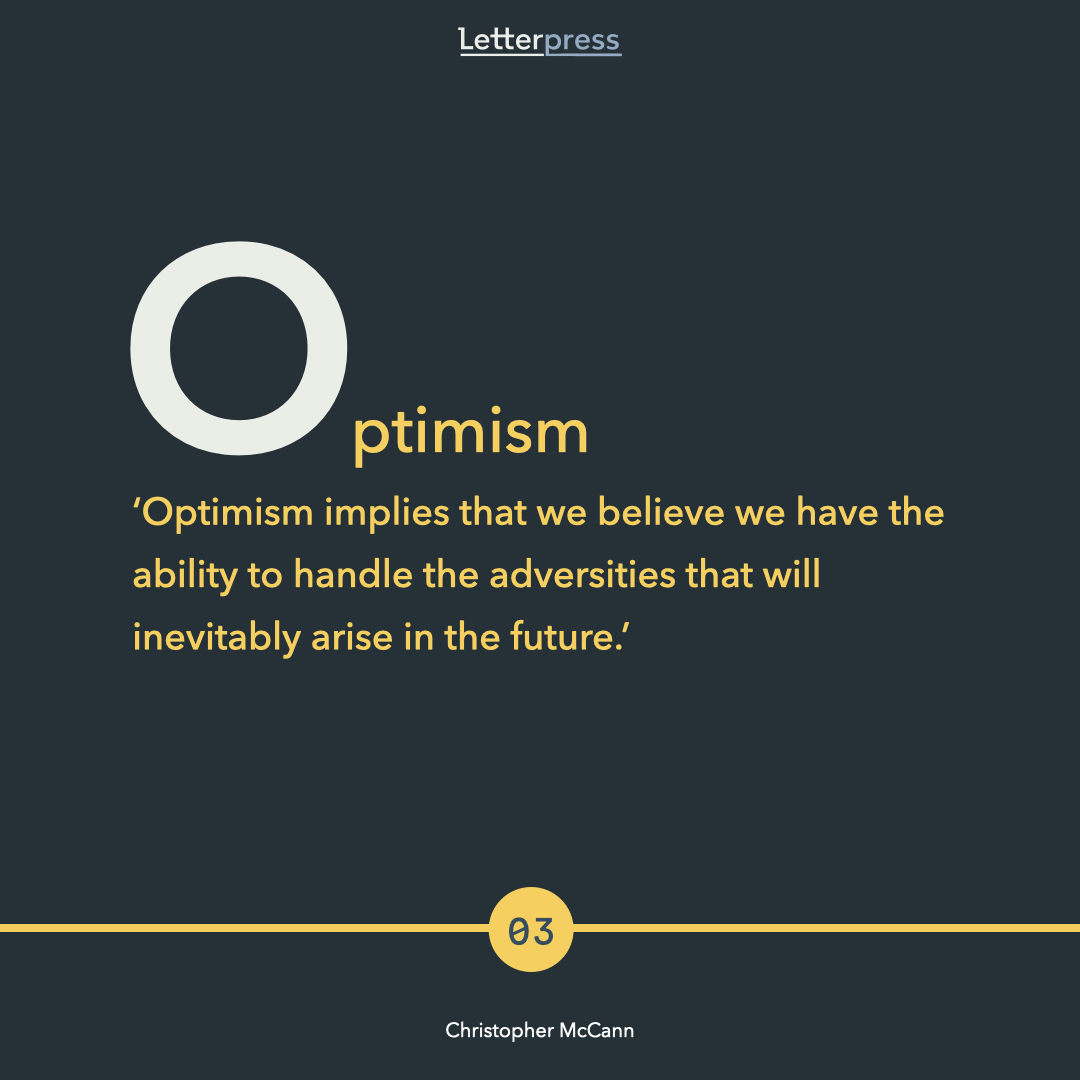
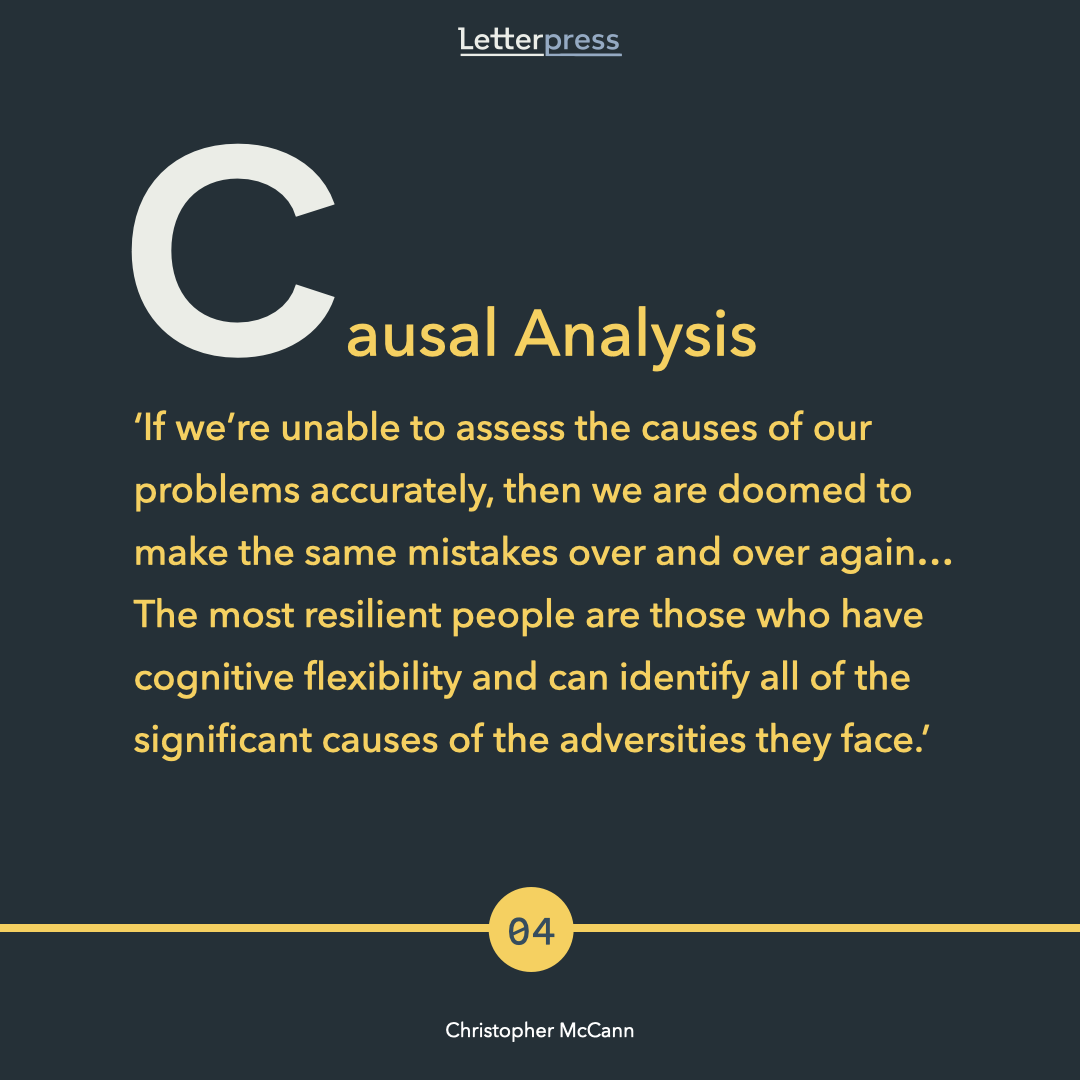
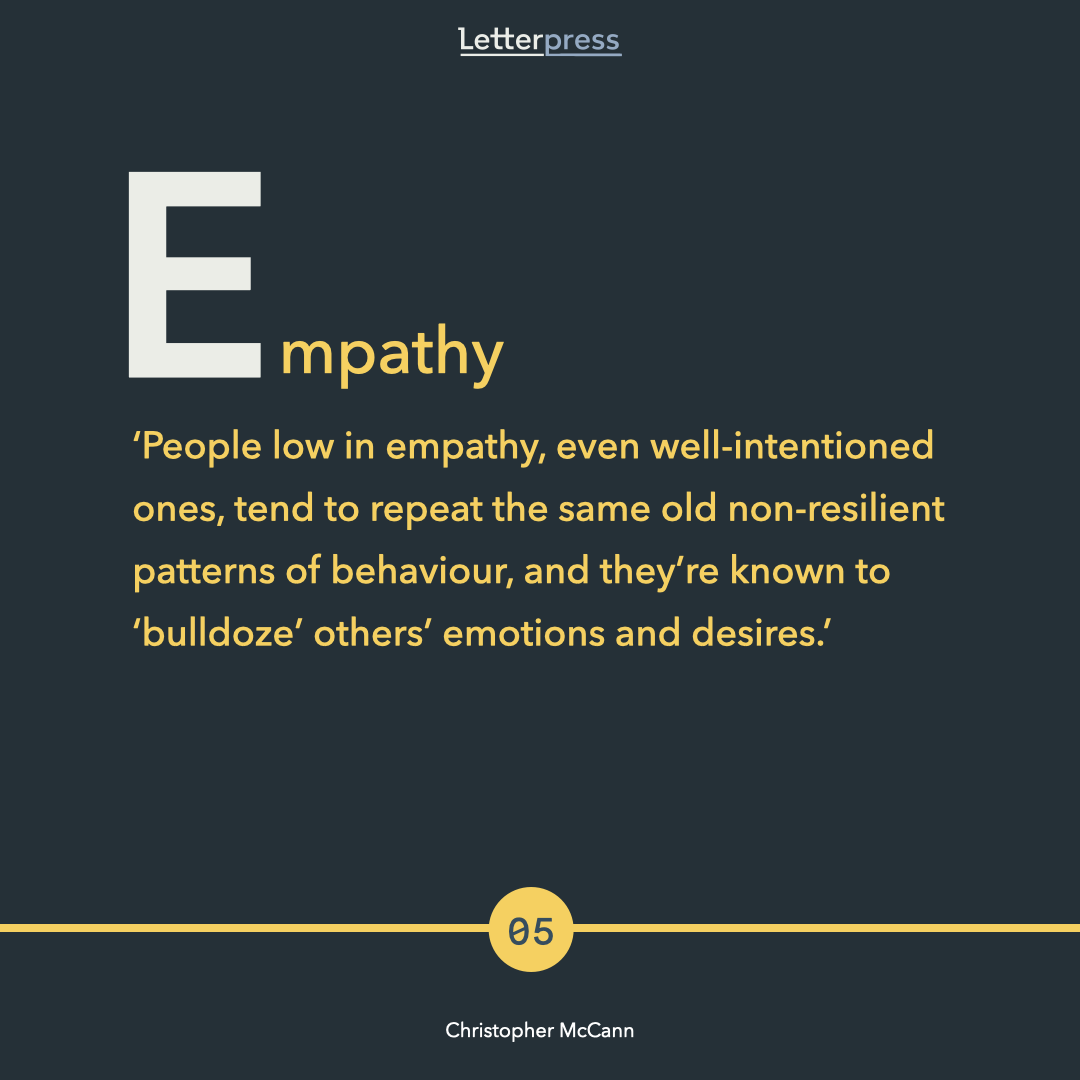
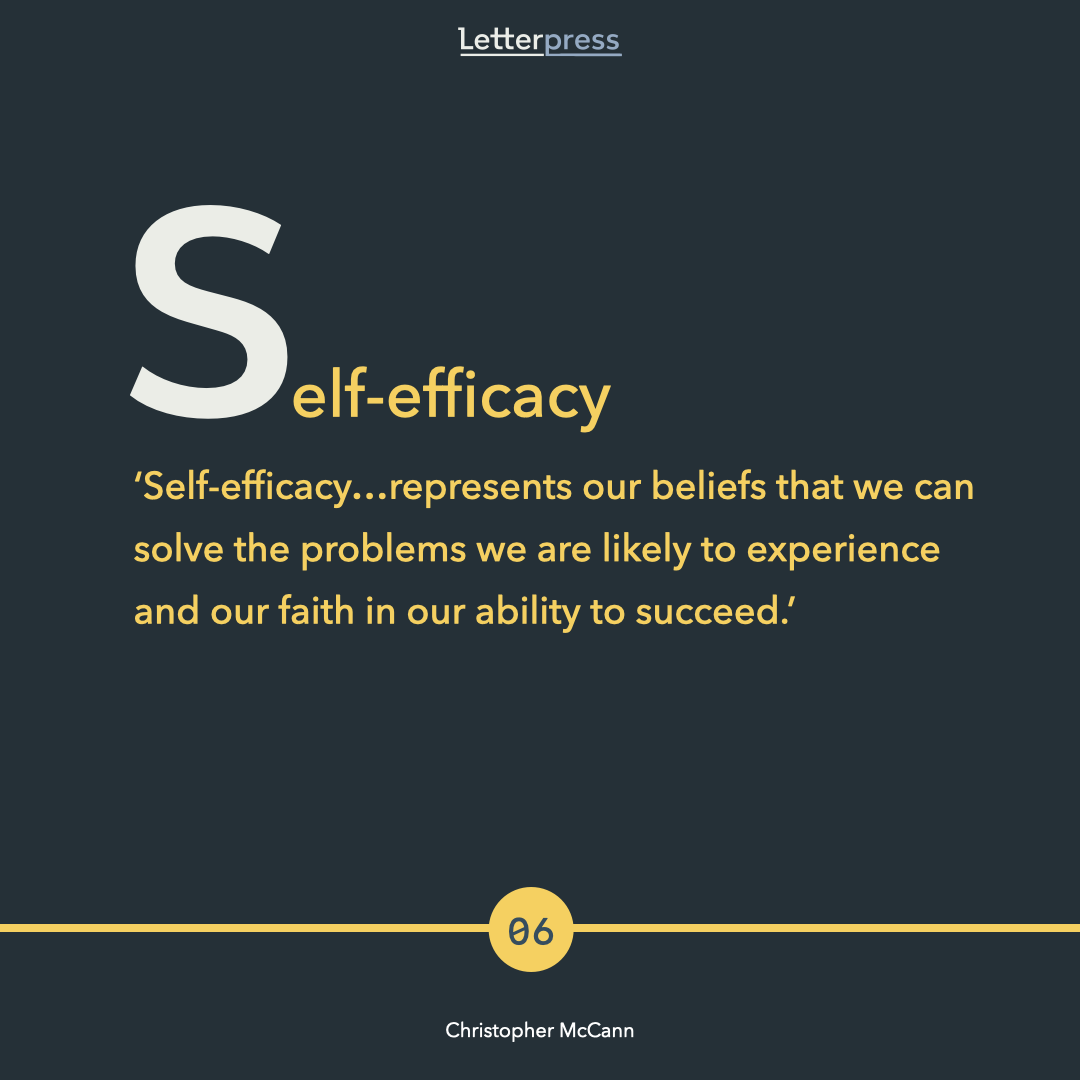

When I was first diagnosed with bone cancer in my leg the doctors did everything they could to save my leg from amputation.
The first set of operations was to remove cancer from my knee by replacing my knee with a mechanical version. I remember this was a painful, tough operation that took a long time to wake up as I was sedated for many hours. After the operation, I had to wait a few months for the bones to have time to grow around the prosthetic. This meant I could not bend my knee for a few months, get around on crutches and then had to undergo A LOT of painful physical therapy to achieve flexibility again.
I had an excellent Physical Therapist named Suzanne who was 50 kg of pure energy.
I never missed any of our sessions and was very determined in our work together.
One day after a session, when I was happy to be able to bend my knee 5 centimetres more than when I walked in and I felt like puking she looked at me and said:
‘You are one of the most resilient patients I have ever had’
Resilient?…me…I was a bit surprised. I really didn’t have much of a choice I thought to myself.
I am one of the biggest softies around, afraid of failure, passed out at the first sign of pain and was often described as an ‘anxious child’.
Resilience for me was always the ability to ‘bounce back’ from something. Something really big. Strangely enough, I never viewed this type of operation as that big of a deal.
I thought about this a lot after that, particularly in the context of failure. I have always had a tough time with failure and felt my ability to ‘bounce back’ was painful and long.
During the past year of the pandemic, I have seen quite a lot written about ‘resilient leadership’ or ‘how to be resilient’. I found most of these articles and self-evident and was clearly written by people that haven’t had to be too resilient.
It struck me that we often confuse having resilient behaviour and actually being resilient.
Resilience seemed to be very binary - either you have or you don’t.
Fortunately for us, that is not the case.
Research from psychologists Karen Reivich and Andrew Shatté in their book The Resilience Factor: 7 Keys to Finding Your Inner Strength and Overcoming Life’s Hurdles Indicates everyone can increase their resilience—permanently—by learning seven skills that they have developed and by put into significant practice.
The degree of resilience is a function of 7 key skills:
Emotion regulation: “Some people are prone to experience greater amounts of anxiety, sadness, and anger than others and have a harder time regaining control once they are upset. They are more likely to get stuck in their anger, sadness, or anxiety and are less effective at coping with adversity and solving problems.”
Impulse control: “If your impulse control is low, you will often accept your first impulsive belief about the situation as true and act accordingly.”
Optimism: “Optimism implies that we believe we have the ability to handle the adversities that will inevitably arise in the future.”
Causal analysis: “If we’re unable to assess the causes of our problems accurately, then we are doomed to make the same mistakes over and over again… The most resilient people are those who have cognitive flexibility and can identify all of the significant causes of the adversities they face.”
Empathy: “People low in empathy, even well-intentioned ones, tend to repeat the same old non-resilient patterns of behaviour, and they’re known to ‘bulldoze’ others’ emotions and desires.”
Self-efficacy: “Self-efficacy…represents our beliefs that we can solve the problems we are likely to experience and our faith in our ability to succeed.”
Reaching out: “Why are some people afraid of reaching out? For some people, it’s because they learned early in life that embarrassment was to be avoided at all costs. Better to remain in one’s shell, even if it means a life of mediocrity than to expose oneself to public failure and ridicule. For others…this reflects the tendency to overestimate the likelihood of future adversity.”
The good news is we are already pretty good at some of these areas. The key is to locate the areas of our life that you would like to improve and work on that specific skill area.
What I like about this model is the broad definition of resilience that they use, it isn’t always reacting to a specific event but more something you can use for everyday life - something for everyone.
The skills are a means to achieve diverse ends—overcome childhood obstacles, steer through new adversities, bounce back from major setbacks, and reach out to broaden your worlds. In other words, they promote resilience, leading people to solve their own problems, take appropriate risks, and accurately forecast the implications of an adversity. The skills also provide a remarkable opportunity for people to look inward, to get to know themselves—really know themselves—and connect more deeply with others.
I have found that the first skill - Emotional Regulation - blends well with the Co-Active Coaching principle of Process. Being aware of our feelings and naming them is valuable but experiencing them through embodiment and metaphors allows a much deeper experience.
Process coaching is not just TALKING about them. When you just talk about feelings this is primarily an intellectual exercise that can sometimes feel like stagnation since nothing happens. Processing allows you to focus on the internal experience, on what is happening at the moment and holding it. The goal is to enhance the ability of coachees to be aware of the feeling at the moment, to experience, and to name it.
The book includes a lot of exercises and models to use and the starting point is developing your Resilience Quotient (RQ) through a questionnaire. I found this questionnaire very valuable and if you would like to give this a try check it out here: Resilience Quotient Assessment and Assessment Scoring. This provides a good overview of your present skills that can guide you to future exploration.
I can really recommend this book for anyone interested in understanding what resilience really is and the skills involve. Whether you are using it on your own or together with a partner or coach it is worth your investment.
Good luck.
